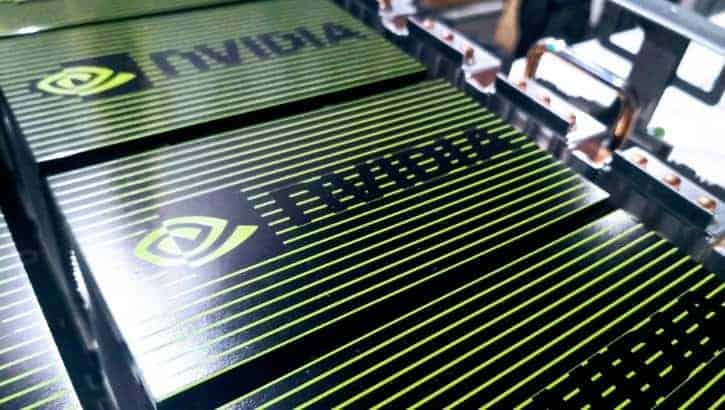EU antitrust regulators have paused their inquiry into Nvidia’s proposal to join hands with British chip designer ARM — the largest deal ever. However, the European Commission said it awaits more information about this acquisition and its implications on the competition before deciding whether to continue proceedings.
The European Commission has been dragging its feet on the pandemic clock, and it’s not because they’re struggling to find data. They’ve just had difficulty finding well-staffed companies in countries looking to enhance their business sector.
Nvidia’s $54bn Arm deal is in trouble again, as European Union (EU) regulators have decided to pause their antitrust probe into the proposed acquisition. This latest development could potentially scuttle the entire deal, which has been fraught with challenges from the start.
The EU’s competition commissioner, Margrethe Vestager, announced on Monday that her team would take a step back to examine the merger’s potential impact on competition in the semiconductor market. Vestager warned that Nvidia and Arm “would become by far the largest supplier of Arm-based processors worldwide,” giving them a virtual monopoly on the market.
Potential Threat
This is not the first time antitrust regulators have had concerns about the potential impact of Nvidia’s proposed Arm acquisition. The competition commission initially announced that it would review the deal in February after being approved by China and South Korea regulators.
As part of its initial probe, the EU antitrust had asked both companies for more information on how their combined dominance might affect competitors and customers.
Nvidia and Arm have defended their proposed merger, arguing that it would spur innovation in the semiconductor market. In addition, Arm CEO Simon Segars has said that the deal will allow the company to invest more in new technology, such as 5G and IoT.
Upcoming challenges
If the EU antitrust regulators decide to block Nvidia’s Arm acquisition, it would be a significant blow to the US chipmaker. The proposed deal has been seen as a critical part of Nvidia’s strategy to expand beyond its core market in graphics processing units (GPUs).
It is unclear whether or not Nvidia will be able to salvage its $54bn Arm deal, but the latest development is certainly not good news for the chipmaker.
